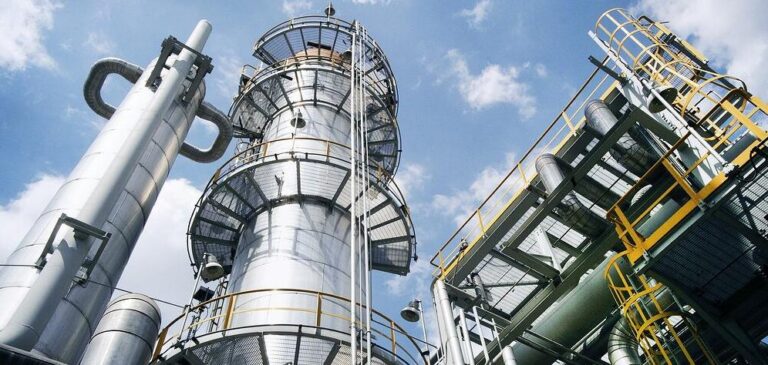Five companies – Alfa Laval, DTU Energy, Haldor Topsøe, Svitzer and the Mærsk Mc-Kinney Møller Center for Zero Carbon Shipping – have announced they are entering into a joint project to accelerate the development of solid oxide fuel cell (SOFC) technology.
Funded by a grant from the Danish EUDP (Energy Technology Development and Demonstration Program), the partners say they will pursue a high-efficiency solution with the scalability to support marine industry decarbonization.
The project, SOFC4Maritime, will target better utilization of future green fuels via the application of SOFCs for power generation on marine vessels. When based on fuels such as ammonia, hydrogen or biomethane, SOFCs are claimed to hold great promise as a replacement for current fossil fuels.
By electrochemically converting fuel into electricity, SOFCs can potentially produce power with greater efficiency than internal combustion engines running on the same fuel – without creating polluting emissions or particulates. Ammonia-based SOFCs are especially attractive, as ammonia can be produced in large scale using renewable electricity and no biomass resource. The research project will therefore have ammonia-based SOFCs as its starting point.
Alfa Laval will head the development initiative while Haldor Topsøe will provide the underlying SOFC stack technology. DTU Energy will support in system layout and component testing, and Svitzer meanwhile will bring a shipowner perspective to the venture. Mærsk Mc-Kinney Møller will assist in providing a broad industry overview, end-to-end analysis of various energy pathways and a detailed techno-economic analysis.
“Addressing shipping’s environmental challenges – and climate change in particular – will require a diverse range of strong technologies. By partnering with fellow marine industry experts, we can investigate the possibilities and bring them to fruition in time to make a difference,” noted Sameer Kalra, president of Alfa Laval’s marine division.



